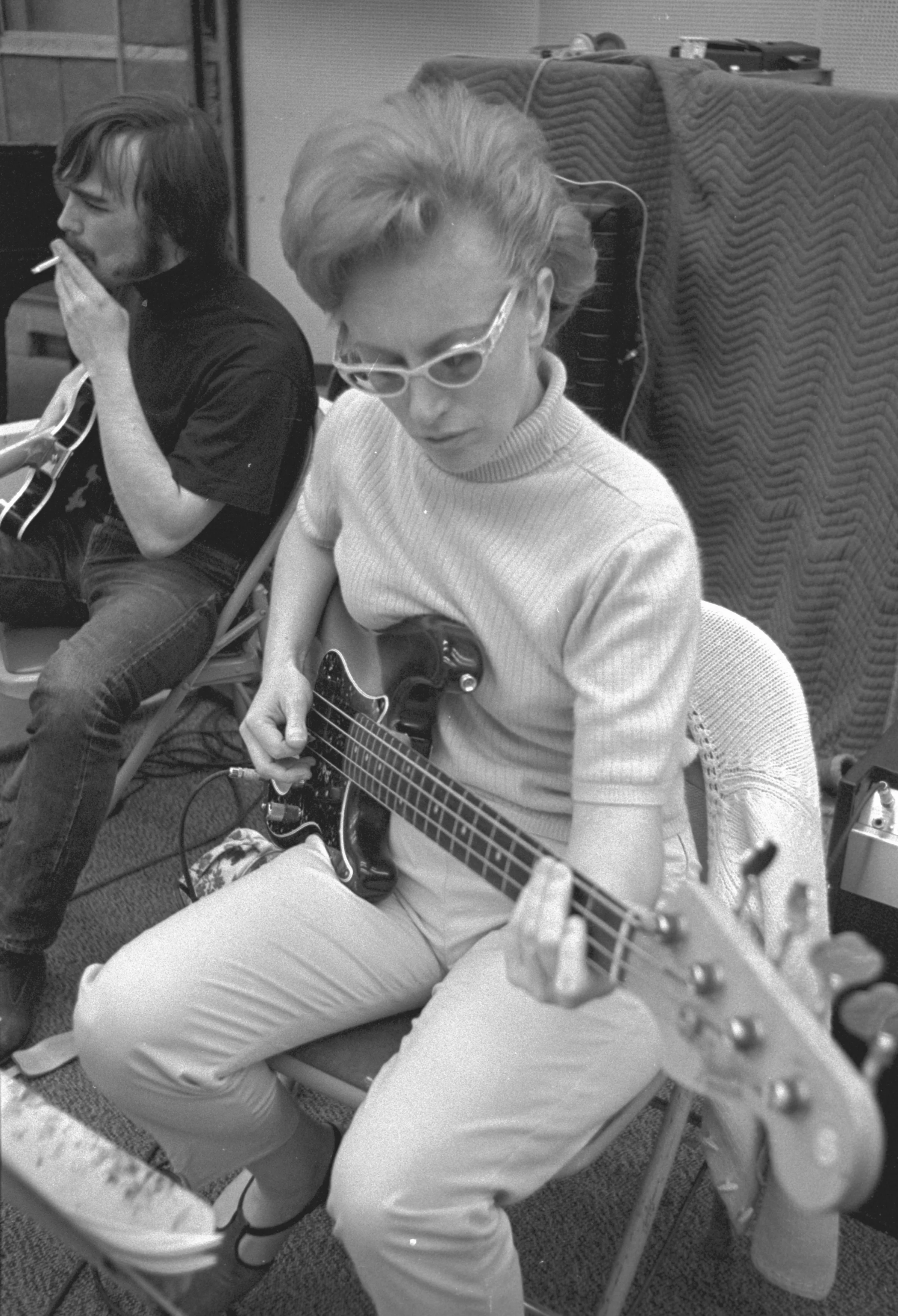Last week I was invited to participate at the event ‘Back to Basics: Deconstructing Intellectual property Protection for Music’ organised by the Humboldt Institute for Internet and Society and Haus de Kulturen de Welt in Berlin. To close the event, the chairs asked participants to state one thing that in their opinions would improve the rights for musicians. The answers were varied and less focussed on the copyright system itself than on the processes of copyright reform and on the management of rights. My own answer is that musicians need to learn more about their rights, so that they can take responsibility for the direction of these rights, campaigning and enforcing these by leveraging their large audiences.
On the history of international (and Cuban) neighbouring rights
In a short article, economics scholar Rasmus Fleischer (2015) offers a concise and illuminating history of the political processes leading to the 1961 Rome Convention and the formation of neighbouring rights. The author takes us back to the 1930s and the responses of musicians and record companies to the rise of the public use of records and radio. The struggles that unfolded between musicians unions, represented by the International Labour Organisation (ILO), and record companies, represented by the International Federation of the Phonographic Industry (IFPI, formed for this purpose in 1933), had different motivations.
How is the Fair Internet for Performers Campaign faring in the European debate?
This article comments on developments related to the Fair Internet for Performers Campaign (FIPC) in the light of the Draft Proposal for a Directive on Copyright in the Digital Single Market published by the European Commission in September 2016. My focus is on the recently adopted opinions of IMCO, ITRE and CULT, which together have submitted nearly 1000 amendments.
‘Significance of contribution’ in Article 14 of the EC copyright draft proposal
Article 14 of the European Commission’s proposal for a Directive on Copyright in the Digital Single Market 2016 on transparency in contractual relations between authors and performers and their powerful counterparts includes a proportionality assessment in two parts: i) a proportionality assessment between the value of the revenue and the administrative burden resulting from the obligation (Art.14(2)) and ii) the ‘significance of the contribution’ to the overall work or performance (Art.14(3)). Here I will focus on the second paragraph and offer a thought-experiment to explain why it is not likely to be an effective measure.
Music making and the law
It seems sensible to begin by stating the obvious: if Martian anthropologists newly landed in Britain wanted to understand the peculiar human activity of music making and music listening we wouldn’t suggest that they ask a lawyer. Indeed, as a fellow social scientist, I would suggest that an ethnographic study of music makers and music listeners would quickly show that musicians understanding of what they do is systematically different from lawyers’ account of what musicians do.
Call for contributions
The blog accepts contributions loosely converging around the four themes below. It gives priority to musical performance in every genre but also invites contributions on the creativity of dancers and actors and all those performers whose creativity often goes unacknowledged in public discourse. Contributions from scholars in all disciplinary areas are welcomed, including music, law, media and culture studies, economics, anthropology and social sciences, to name a few. Similarly, the blog encourages contributions from practitioners, be they performers, managers, lawyers, publishers, producers or journalists.






